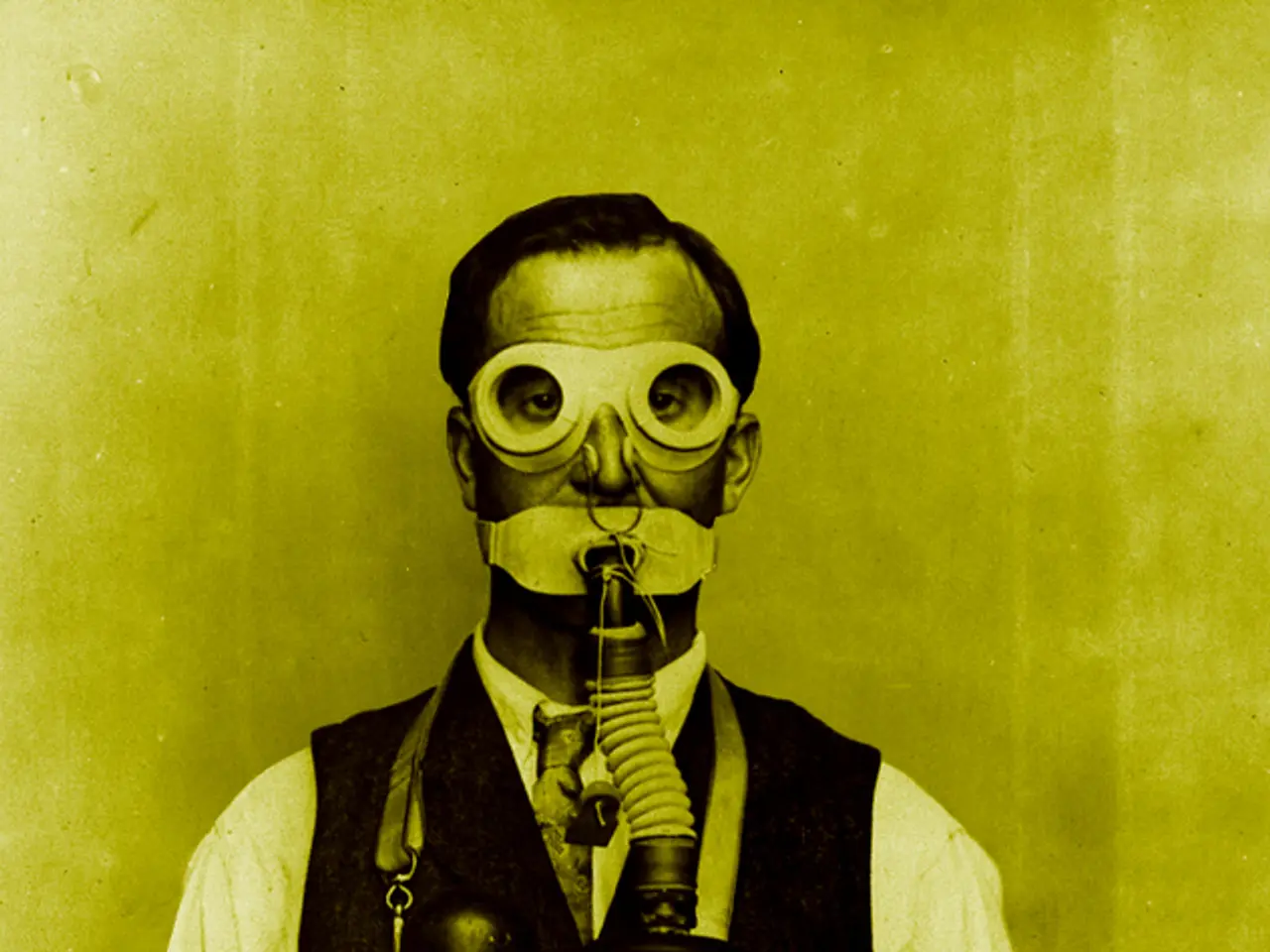Treatment for post-COVID pneumonia: Exploring medications and possible alternatives
Severe COVID-19 pneumonia requires comprehensive management, integrating various treatment options to address the infection and its associated complications.
Corticosteroids and Antiviral Therapy
Dexamethasone, a corticosteroid, is a cornerstone treatment for severe COVID-19 pneumonia requiring oxygen support or mechanical ventilation. Antiviral agents like remdesivir are used in conjunction with immunomodulatory therapies to target viral replication.
Immunomodulators
Immunomodulators such as tocilizumab, sarilumab, and baricitinib play a significant role in managing severe COVID-19 pneumonia. Tocilizumab and sarilumab, which reduce systemic inflammation by inhibiting interleukin-6 (IL-6), may be beneficial for those hospitalized and requiring various levels of oxygen therapy or ventilation. JAK inhibitors, like baricitinib, offer potential benefits for those requiring oxygen therapy or ventilatory support, including extracorporeal membrane oxygenation (ECMO).
Supportive Care
Oxygen therapy, ranging from supplemental oxygen to non-invasive ventilation (NIV), mechanical ventilation, and ECMO for respiratory failure, are essential components of supportive care. Nebulized treatments, such as heparin, corticosteroids, antioxidants, and bronchodilators, show promise as adjunct treatments but are not yet standard due to protocol variability.
Antibiotics and ECMO
Antibiotics may be used in the treatment of bacterial pneumonia or a co-occurring bacterial infection. ECMO is a machine that pumps blood with oxygen and removes carbon dioxide from the body, allowing the lungs to rest and recover. It may be required for those with severe pneumonia.
Side Effects and Risks
Common side effects of antibiotics may include diarrhea, nausea, yeast infection, rash, and less commonly, severe diarrhea or allergic reaction. Potential risks of fluid drainage, or thoracentesis, include air in the pleural space causing a collapsed lung, infection, bleeding, injury to the liver or spleen, and fluid drainage may not be suitable for people with certain bleeding disorders.
Recovery and Prevention
The goal of pneumonia treatment is to cure the lung infection and prevent any complications. Recovery from post-COVID pneumonia can vary for each person and may take anywhere from a few weeks to a month. Tips to aid recovery include eating heart-healthy foods, drinking plenty of fluids, avoiding alcohol and illegal drugs, avoiding smoking and secondhand smoke, getting enough quality sleep, continually practicing light physical activity, and talking with a healthcare professional if dizzy feelings or shortness of breath occur.
Treatment for Post-COVID Pneumonia
Treatment for post-COVID pneumonia may include antivirals, antibiotics, breathing supports, fluid drainage, and oxygen therapy. Remdesivir (Veklury) is an antiviral medication that may be used in the treatment of severe COVID-19 pneumonia. Intravenous (IV) fluids may be required for people with severe pneumonia receiving treatment in a hospital to help prevent dehydration.
In summary, managing severe COVID-19 pneumonia involves a combination of corticosteroids, antiviral therapy, immunomodulators, supportive oxygen or ventilatory support, and emerging nebulization therapies. Antibiotics and fluid drainage may also be necessary, and recovery efforts focus on maintaining a healthy lifestyle and seeking medical advice when needed.
- Antiviral therapy, such as remdesivir, and corticosteroids like dexamethasone are used to treat severe COVID-19 pneumonia, while immunomodulators, including tocilizumab, sarilumab, and baricitinib, are essential for managing the associated systemic inflammation.
- Oxygen therapy, mechanical ventilation, and ECMO are crucial components of supportive care for those with severe respiratory conditions related to COVID-19 pneumonia.
- Antibiotics can be beneficial in treating co-occurring bacterial infections or bacterial pneumonia in COVID-19 patients, but they may come with side effects such as diarrhea, nausea, or allergic reactions.
- In addition to traditional treatment methods, therapies like nebulized treatments, heart-healthy nutrition, and continuous light physical activity are important for aiding recovery from post-COVID pneumonia and preventing complications.
- Antiviral medications, such as remdesivir (Veklury), and fluids may be required for people with severe pneumonia to prevent dehydration and support treatment in a hospital setting.




